For a complete audio file, click here.
This Proverb gives us warnings in four categories: debt, laziness, sowing discord, and adultery. Each of these warnings is demonstrating wisdom’s way and the pathway of the fool. The effect of having in our mind a path we are walking demonstrates the dangers along the way that we must be aware if we are going to continue on the straight and narrow path called wisdom.
The first warning concerns offering your financial assistance to help another. Specifically, promising to pay the debt of another if they default. The Proverbs says this is a trap that will endanger your life (vv.1-2). The imagery is strong. An individual is caught in a trap and all efforts should be to get out of such a situation to keep them from ruin (vv.3-5).
Next, we move towards the lazy and undisciplined one – the sluggard. Their activity is contrasted with the diligence of the ant. An ant is a creature not made for eternity, whose work is filled with toil but is diligent in providing not only for themselves but also for their hive. The ant’s careful labor is used to encourage the lazy “good for nothing” to pursue get out of the prone position and pursue wisdom with the vigor and diligence of the ant. The accountability partner of the ant is his well-being. (v.7) The lazy person who is unwise is given the perspective of the Proverbs and is told his pathway will soon lead to ruin (vv.10-11).
Proverbs 6 then moves from a lazy person to a worthless and wicked person. This person lacks sense, and every time they open their mouth, they prove so (vv.12-14). The result, (v.15) calamity will come upon him suddenly. A theme we will see repeated over and over again in the Proverbs is to guard what you say. Notice the connection in verse 14 between what is said and the heart. Jesus reminded us the heart speaks out of the abundance of the heart.
We move next to an infamous section on the Proverbs – the so-called seven deadly sins. By no means is this list exhaustive; instead, it focuses us on behaviors that are out of step with God’s wise ways. Does God hate? God, who cannot be accused of any evil, purely hates evil. The way the list of organized, six things the Lord hates, seven that are an abomination to him, focus our attention on the easily looked over the seventh thing – sowing discord among brothers. Notice the parallel between the wicked and worthless person who has the same characteristics – eyes, tongue, hands, feet, and mouth that is used for worthless purposes (vv.17-19). The body, comprised of parts, was designed to display the glory of God, but in the hands of wickedness, the body is used for worthlessness.
Finally, in Proverbs 6, we look again at a warning against adultery. Again, notice the paternal appeal but also point out the difference. Mom joins Dad in the instruction to their child. Mom and Dad together show the biblical paradigm and the importance of heterosexual, monogamous, marital, fidelity. Mom and Dad, as husband and wife, are together parenting. Their togetherness is an example of what the child should want and to not pursue the destructive immorality of adultery. Specifically, as the son thinks through the consequence of adultery, he is to remember his own mother. Every woman is a daughter, and in this case, a married man’s wife just might be someone’s mother. In any case, the son is to remember he himself is a son. He is to remember his father and mother. Introducing mom sharpens the appeal to stay away from adultery.
The ruin warned against is not only physical ruin but spiritual. The wisdom of the Proverbs is always to give us an eternal perspective to demonstrate there is more to consider than a moment of temporary pleasure. 6:25, Do not desire her beauty in your heart… The command to not engage in adultery is set in terms of Deuteronomy 6 again. 6:20-21, My son, keep your father’s commandment and forsake not your mother’s teaching. Here comes the Deuteronomy 6 language. Bind them on your heart always; tie them around your neck. When you walk, they will lead you; when. You lie down, they will talk with you. With a reference reminiscent to Psalm 119, verse 23, For the commandment is a lamp and a teaching a light, and the reproofs of discipline are the way of life, to preserve, you from the evil woman, from the smooth tongue of the adulteress.
The desires for the forbidden woman are costly. The instruction, by analogy, says, the price of a prostitute is only a loaf of bread, but a married woman hunts down a precious life (v.26). Here we are back again to the picture of an animal caught in a trap. This time the lure is the forbidden woman, and the hunter is the rage of a husband. The Proverb asks, Can a man carry fire next to his chest and his clothes not be burned? Or can one walk on hot coals and his feet not be scorched? So is he who goes into his neighbor’s wife; none who touches her will go unpunished. Plainly, he who commits adultery lacks sense; he who does it destroys himself.
God loves us enough to warn us not to ruin our lives. A ruined life is one that does not follow wisdom’s pathway.

